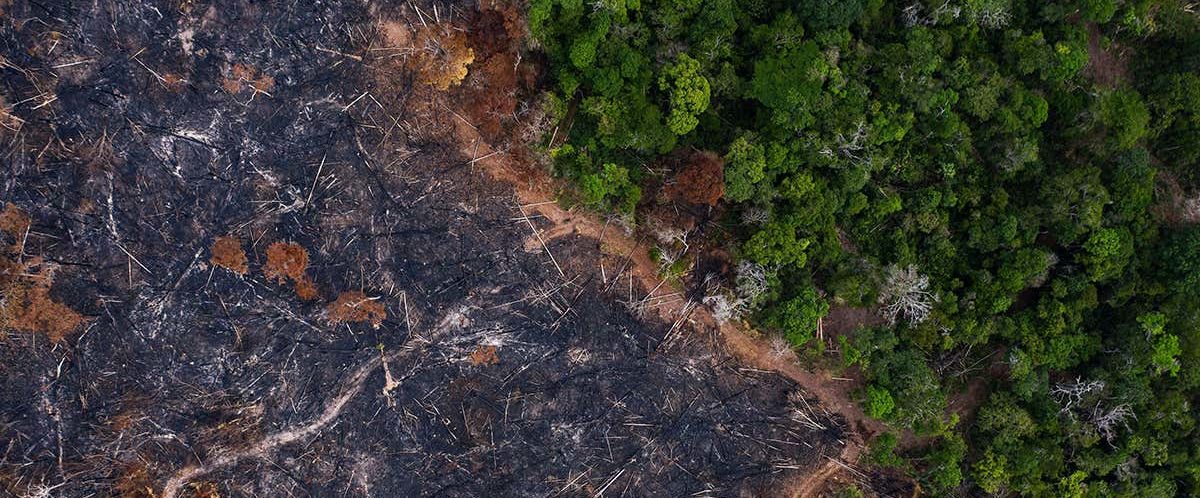10 Aug 2020 Deforestation and the Covid-19 pandemic: a two-fold connection
COVID19 has reaccelerated deforestation, with forest loss alerts increasing up to 77% compared to 2017-2019. As deforestation itself heightens the risk of future disease outbreaks, rural frontiers should be approached more holistically by taking into consideration the health of humans, animals and the planet.
Despite a positive historical trend that we have outlined in our previous article (http://en.sustainablevalueinvestors.com/2020/05/07/why-investors-are-more-than-ever-key-players-in-forest-preservation/), the Covid-19 pandemic has accelerated again deforestation. Data from the Global Land Analysis and Discovery (GLAD), a worldwide warning system for the depletion of tree cover, testimonies that forest loss alerts have increased by 77% compared to the 2017-2019 average.
This comes partially as a result of the distress that the crisis generated on the economy, with people “turning to the land around them to find what they need to survive” according to WWF-UK Executive Director Mike Barrett. The remaining side of the explanation however is far worse than the first one, as the pandemic is oftentimes just used as an excuse and there are deliberate attempts of taking advantage of the sidelining of environmental law enforcement in this period of emergency.
What is however interesting to note given the topic of discussion, is that deforestation itself makes disease outbreaks, and pandemics as well, more likely for two reasons. First, as humans expand into previously undeveloped areas, the risk of spillover increases due to changes to the natural landscape and increased encounters with wildlife. Second, as diminishing forest areas put biodiversity at risk and some species are going extinct, those that tend to survive and thrive (e.g. rats and bats) are more likely to host pathogens capable of human spillover.
For these reasons the Intergovernmental Science-Policy Platform on Biodiversity and Ecosystem Services (IPBES) of the United Nations urges rural frontiers to be approached more holistically, addressing simultaneously issues of public health, the environment and, sustainable development. The “One Health” approach hence comes as the best possible response insofar as it recognizes the complex interconnections running among the health of people, animals, plants, and the shared environment. In designing solutions, the IPBES is also very clear in stating that the political system should avoid short-termism and resist the temptation of relaxing environmental standards.
For further information, refer to the following links:

